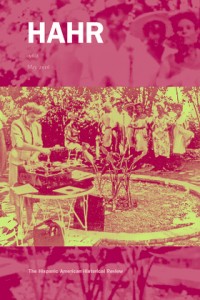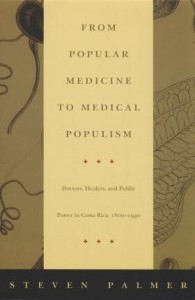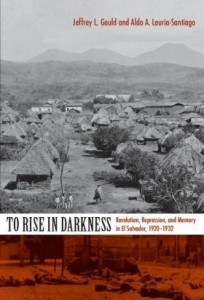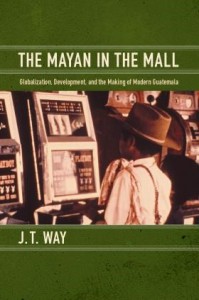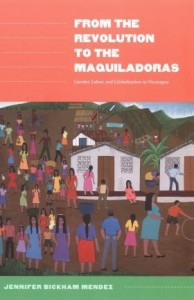The Hispanic American Historical Review
The Hispanic American Historical Review examines Latin American history and culture in the United States and remains the most widely respected journal in the field. HAHR‘s comprehensive book review section provides commentary, ranging from brief notices to review essays, on every facet of scholarship on Latin American history and culture.
From Popular Medicine to Medical Populism
The book From Popular Medicine to Medical Populism: Doctors, Healers, and Public Power in Costa Rica, 1800-1940 by Steven Palmer traces the history of the medical profession in Costa Rica throughout the 19th and early 20th centuries. As Costa Rica grew as a nation, a more professionalized health care system emerged within a culture that used religious and magical beliefs in their medical practices. This work is sure to pique the interest of both historians and those interested in the medical profession.
To Rise in Darkness
To Rise in Darkness: Revolution, Repression, and Memory in El Salvador, 1920-1932 by Jeffrey L. Gould and Aldo A. Lauria-Santiago documents La Matanza, a major event in Salvadoran history. In 1932, rural laborers took control of several towns throughout the country in response to voter fraud and the inability to strike, leading to massacre of thousands of indigenous workers. This work focuses on the political and economic climate that led up to this often overlooked event that still resonates with Salvadoran people today.
The Mayan in the Mall
The Mayan in the Mall: Globalization, Development, and the Making of Modern Guatemala by J.T. Way looks at the history of economic development projects in 20th century Guatemala. This book highlights the contrast between the extreme wealth and extreme poverty present in Guatemala and the way that social life and the physical landscape have been altered due to capitalist development.
From the Revolution to the Maquiladoras
From the Revolution to the Maquiladoras: Gender, Labor, and Globalization in Nicaragua (Duke) showcases “María Elena Cuadra,” the Nicaraguan Working and Unemployed Women’s Movement, in its effort to organize and advocate on behalf of female factory workers. This book looks at the organization of the group as well as its cultural elements in the context of being a transnational group, connecting with other feminist and labor groups around the world.
